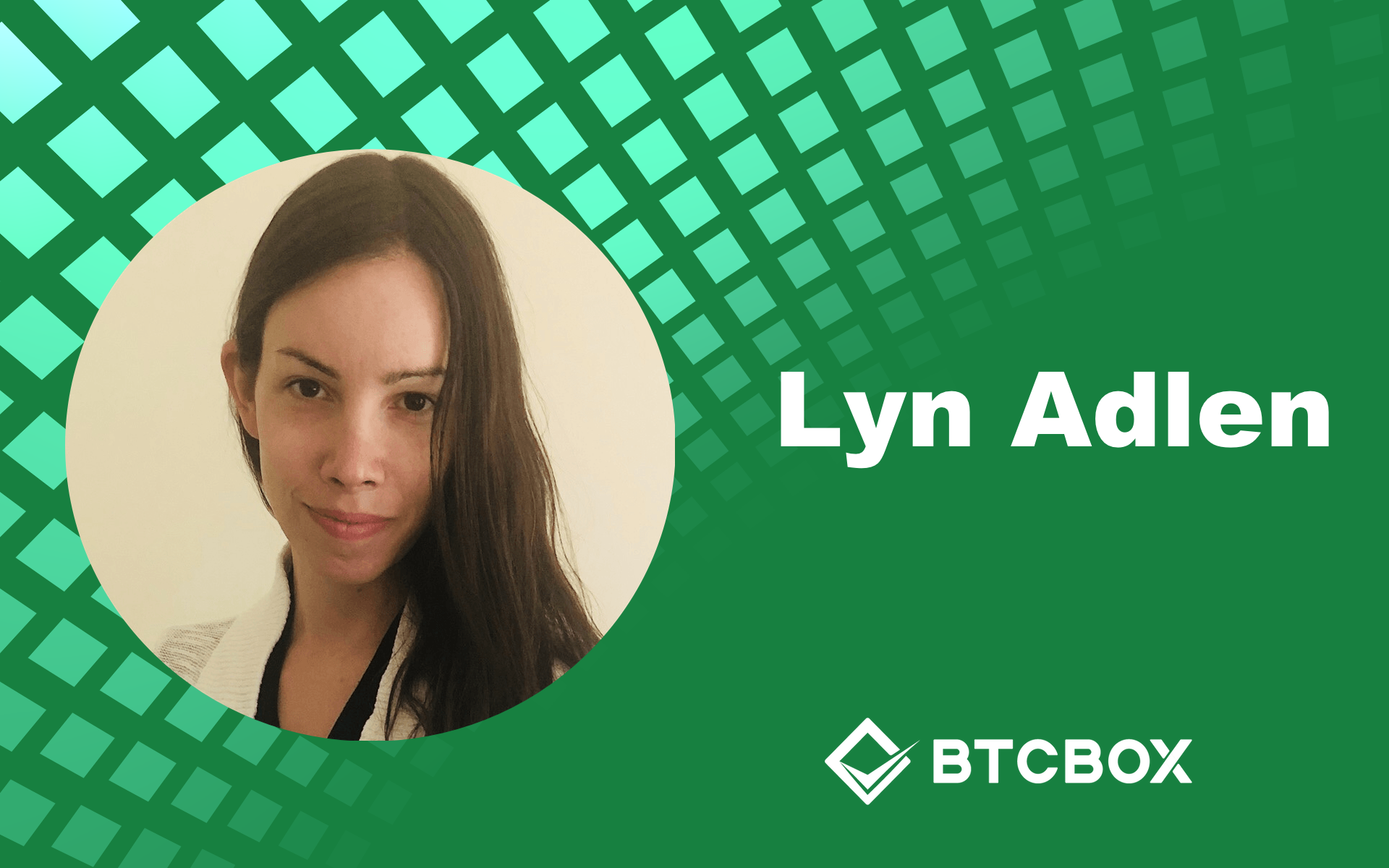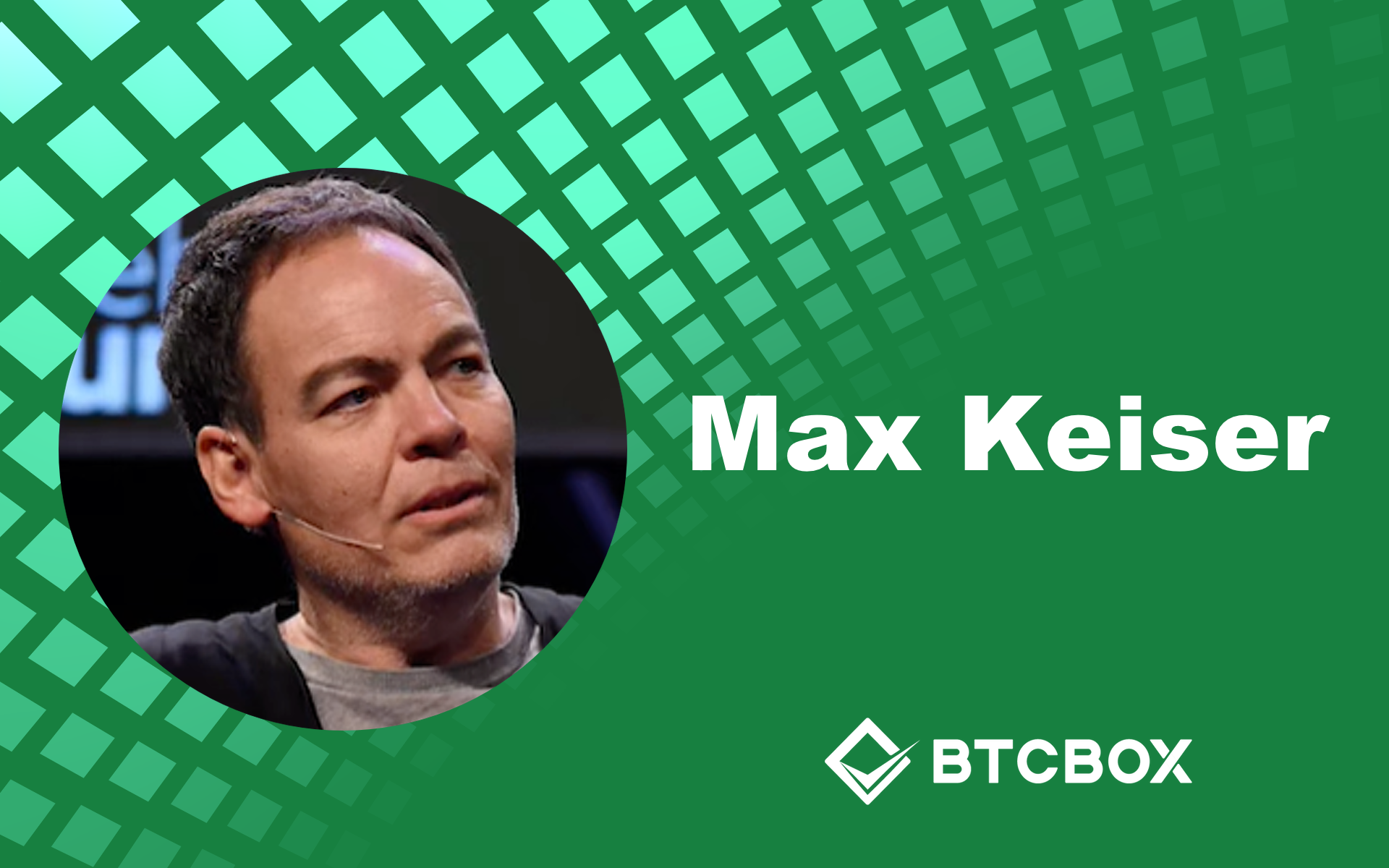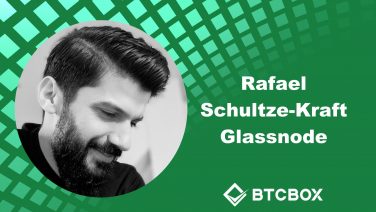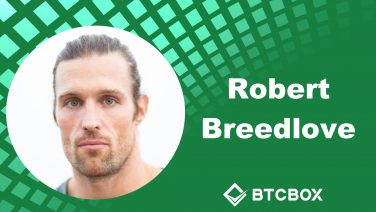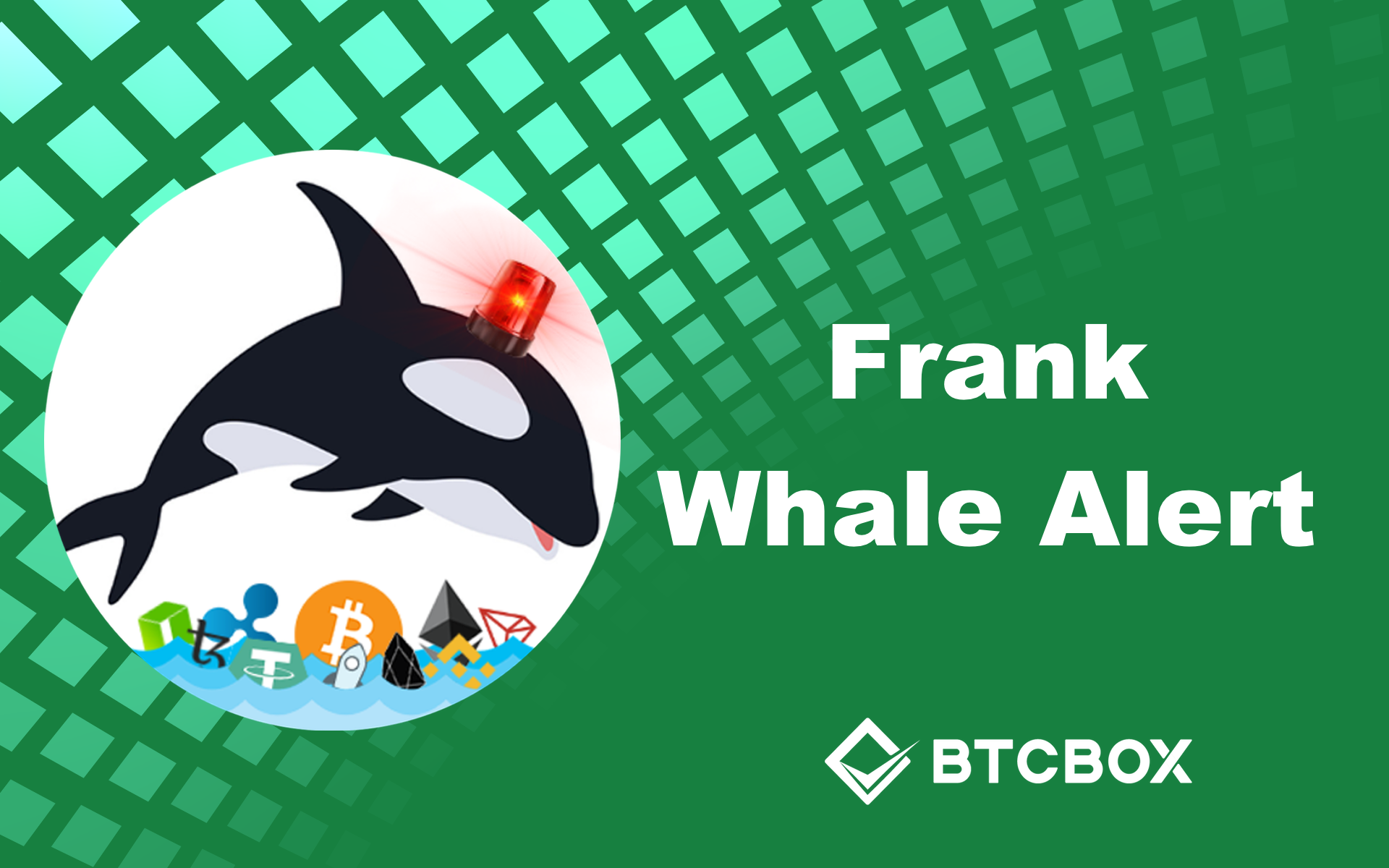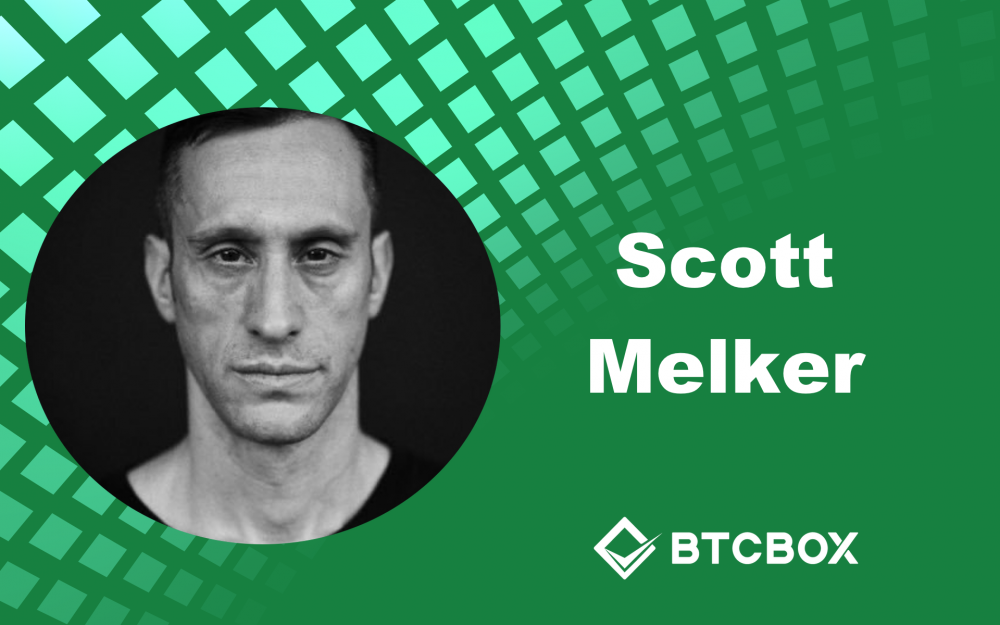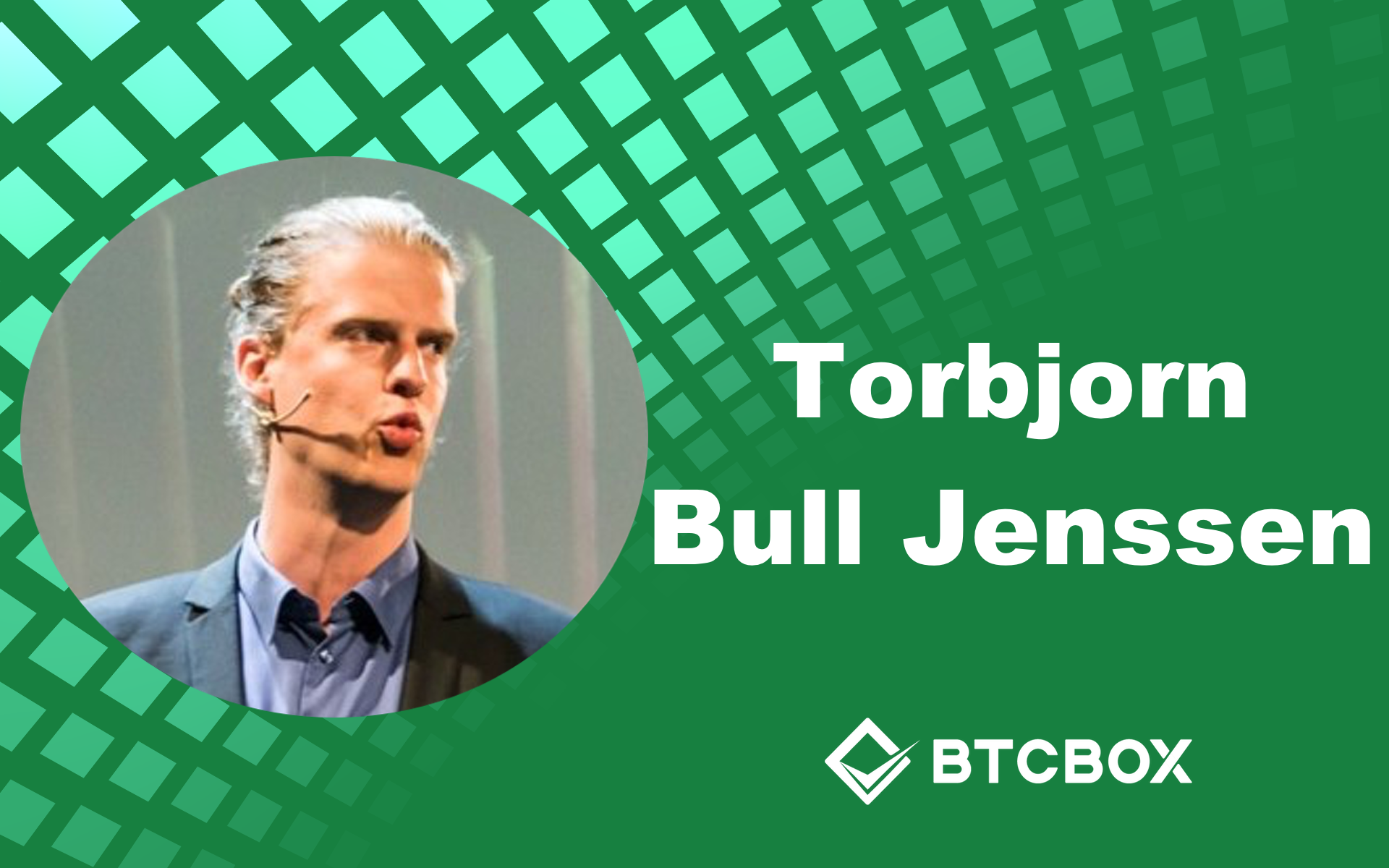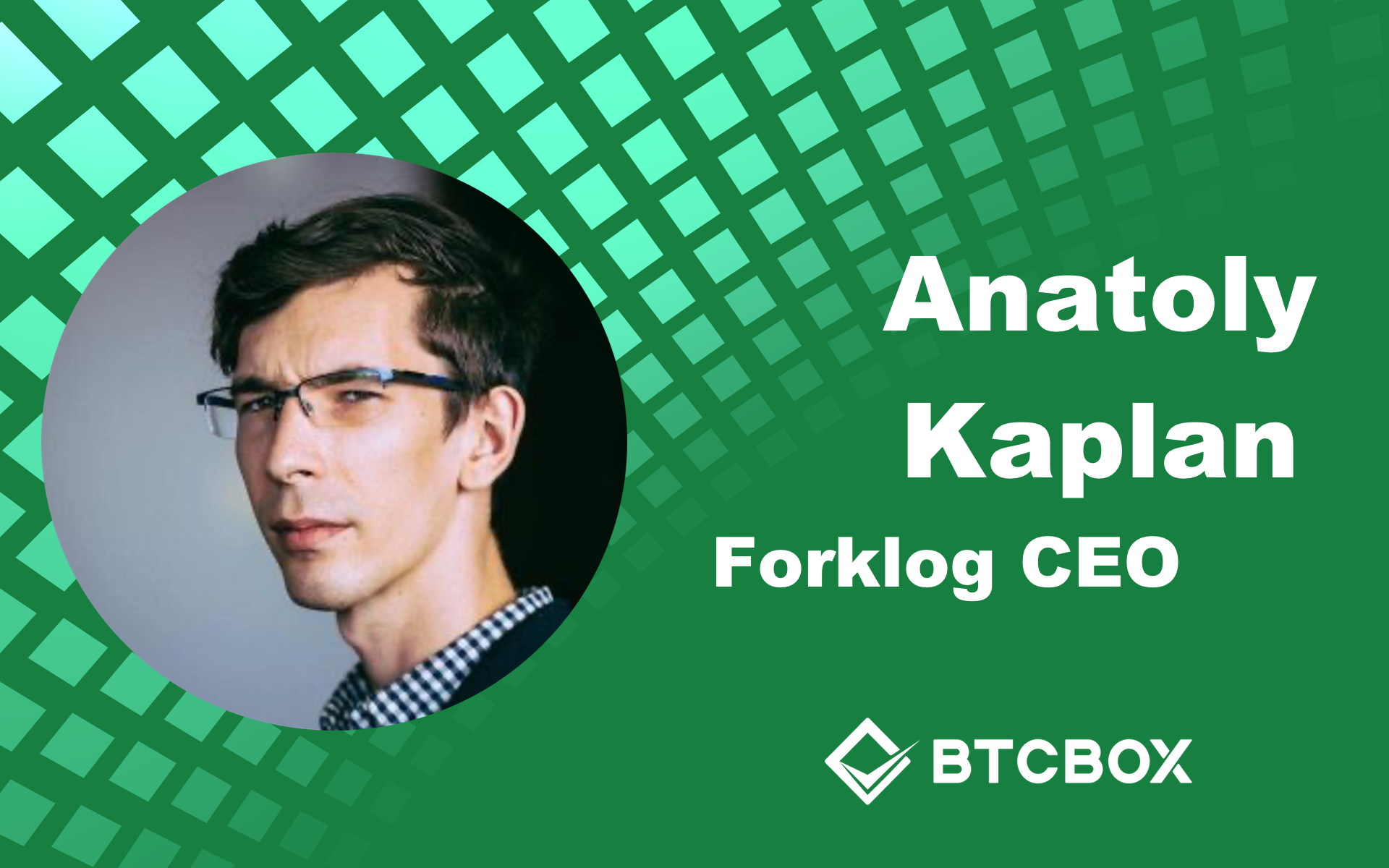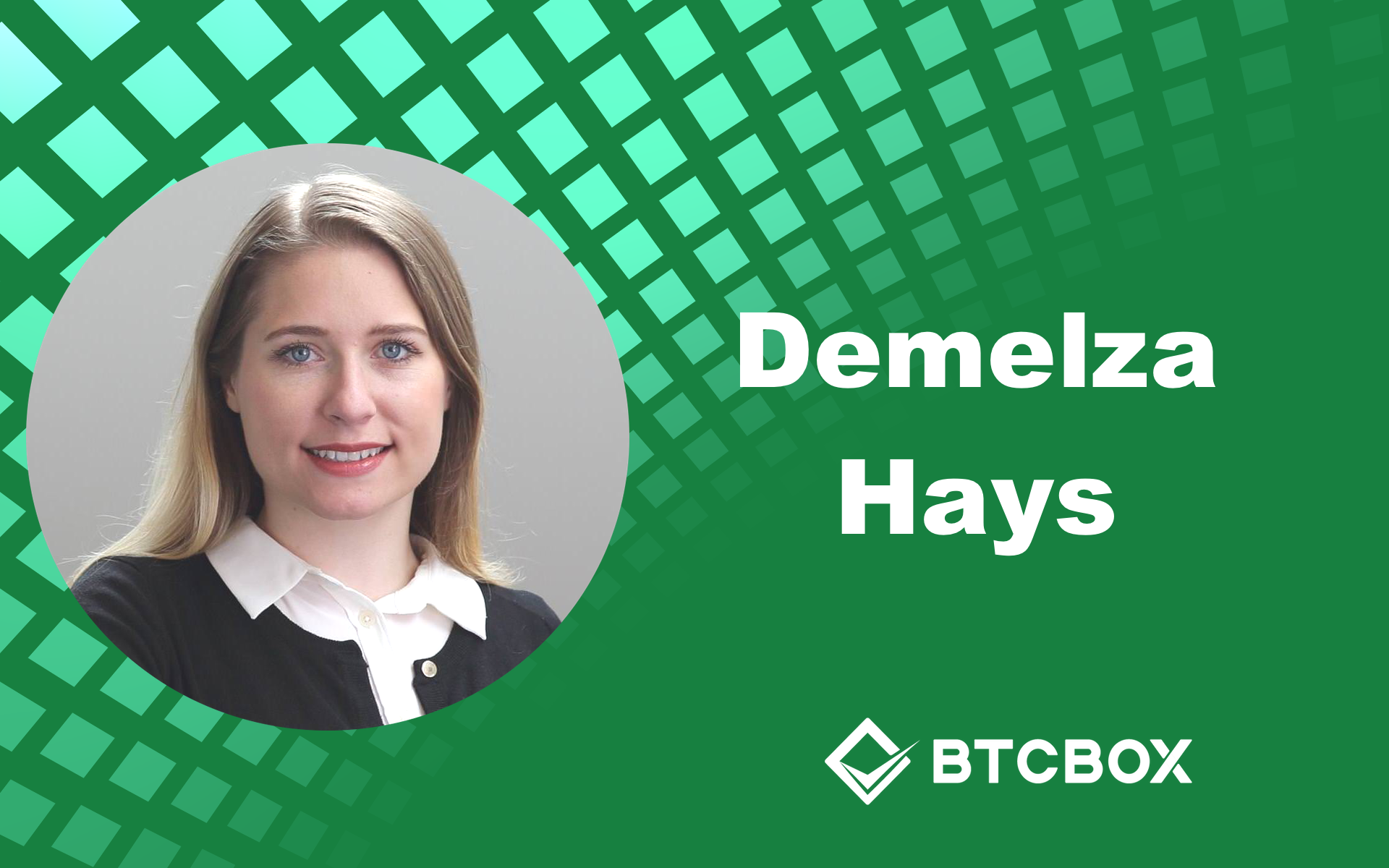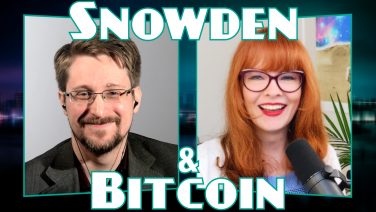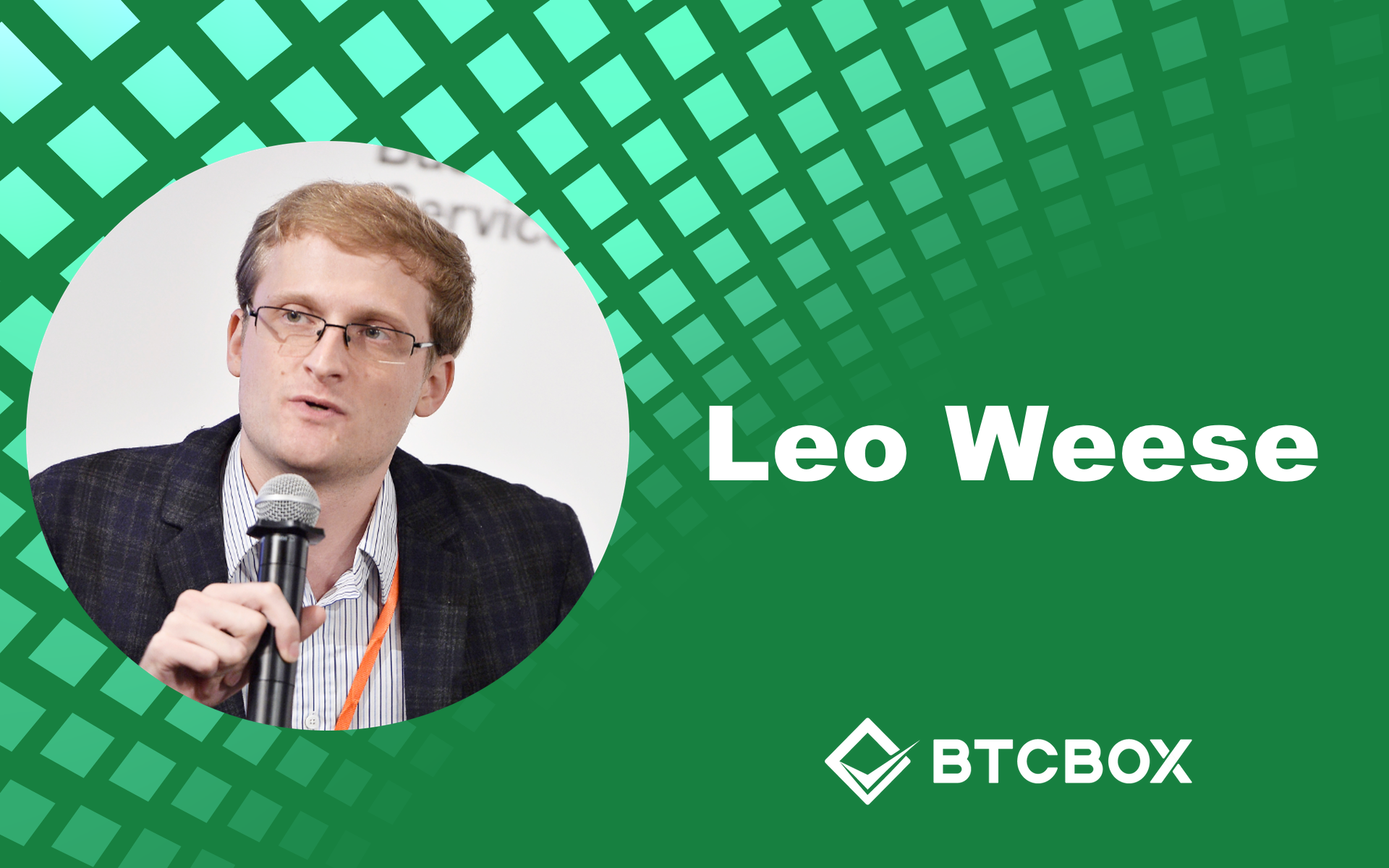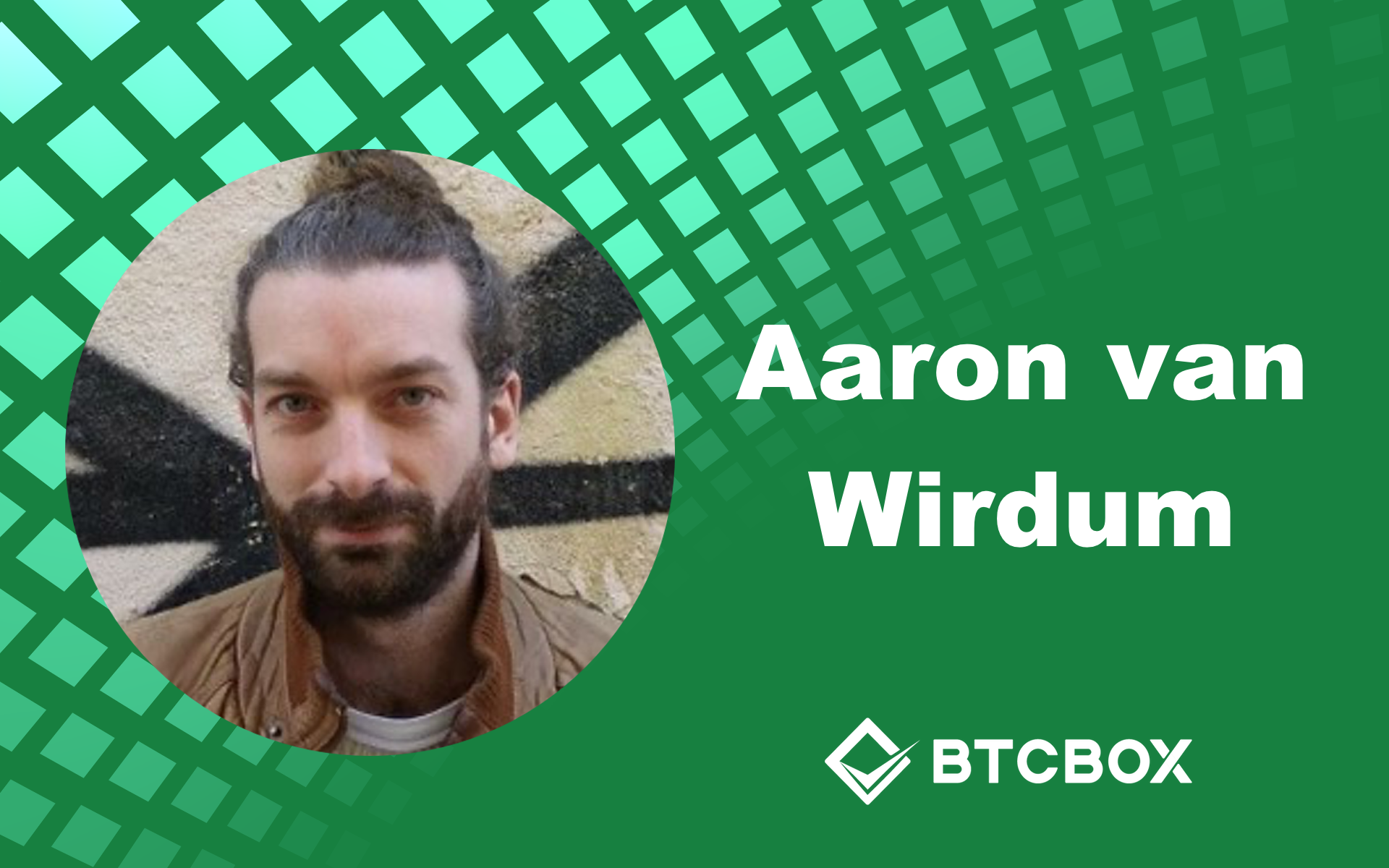 Blog
BlogArt Theft and Fraud : Interview with John Crain SuperRare CEO ②
Art has not been hacked or laundered on SuperRare, but we have had people take artworks from SuperRare, and create an NFT token on another digital art platform with it. That is very upsetting, especially for the artists because they have been putting a lot of hard work into their artworks. Somebody who just rips them off by taking their work and taking the credit for it, does obviously not feel very good. We have been able to work with other platforms and marketplaces as partners to prevent this from happening. They can take down the fraudulent work from the website, but the interesting thing is that no one can take down the created token on the blockchain. Additionally, since the original artwork is tied to a token it’s very easy to spot a fake.


